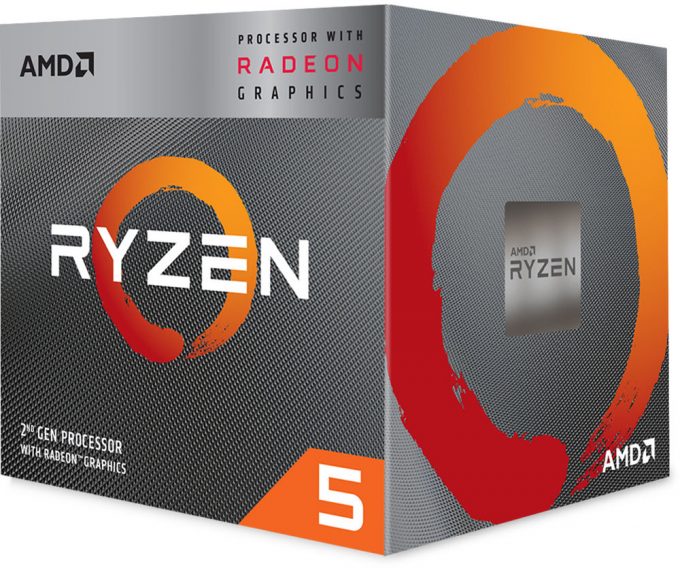- Qualcomm Launches Snapdragon 4 Gen 2 Mobile Platform
- AMD Launches Ryzen PRO 7000 Series Mobile & Desktop Platform
- Intel Launches Sleek Single-Slot Arc Pro A60 Workstation Graphics Card
- NVIDIA Announces Latest Ada Lovelace Additions: GeForce RTX 4060 Ti & RTX 4060
- Maxon Redshift With AMD Radeon GPU Rendering Support Now Available
AMD Plans For 7nm Mobile APUs In Early 2020, First Zen 3 Products Later 2020
AMD has some serious momentum right now in the CPU market, and since Zen’s original launch, the company has successfully managed to impress audiences with each subsequent iteration. We’ve already taken many looks at the third-gen Ryzen series, and we eagerly await testing of the upcoming 16-core Ryzen 9 3950X and some third-gen Threadripper chips. But… what’s next after that?
It wasn’t that long ago when many were truly concerned for the future of AMD, because its CPUs simply were not that competitive from a performance and power efficiency standpoint, although its GPUs fared better. Today, AMD’s proving to have stunning execution on the CPU side, and is still doing fine on the GPU side, despite the lack of top-end options to battle NVIDIA’s.
In an interview with VentureBeat, AMD CEO Lisa Su tries to instill confidence that her company’s release cadence is going to be continuing, with 7nm Zen 2-based mobile processors expected early 2020, and the first Zen 3 products due sometime during the year.
There are a couple of things to be intrigued by here. AMD’s current top-end APUs are good offerings for what they are, but because they’re still based on the original Zen architecture, certain perks have been left to the wayside. That includes the ability to hit higher memory clocks, and of course, enjoy the optimizations that the Zen 2 architecture brings (and not to mention its increased cache, which has certain benefits).
With a proper Zen 2-based APU, the advantages of a (made-up) Ryzen 5 4400G would leap well beyond the 3400G, because with only a handful of cores, there’s a lot of room for performance enhancements through the architecture upgrades. It’s also worth considering that integrated graphics perform better with faster memory, so we’re already curious if we would see some interesting performance here with, say, DDR4-4000 memory. That said, we’re not sure if the graphics solution on these upcoming APUs would differ from the older one, but even if not, faster memory could still deliver a sizable improvement.
It’s important to note that Su is only talking about mobile Zen 2 APUs at the moment, but it seems likely that desktop variants wouldn’t be too far behind. What we do know is that Zen 2-based APUs have the potential to sell really well. As long as pricing is kept in check, of course.





